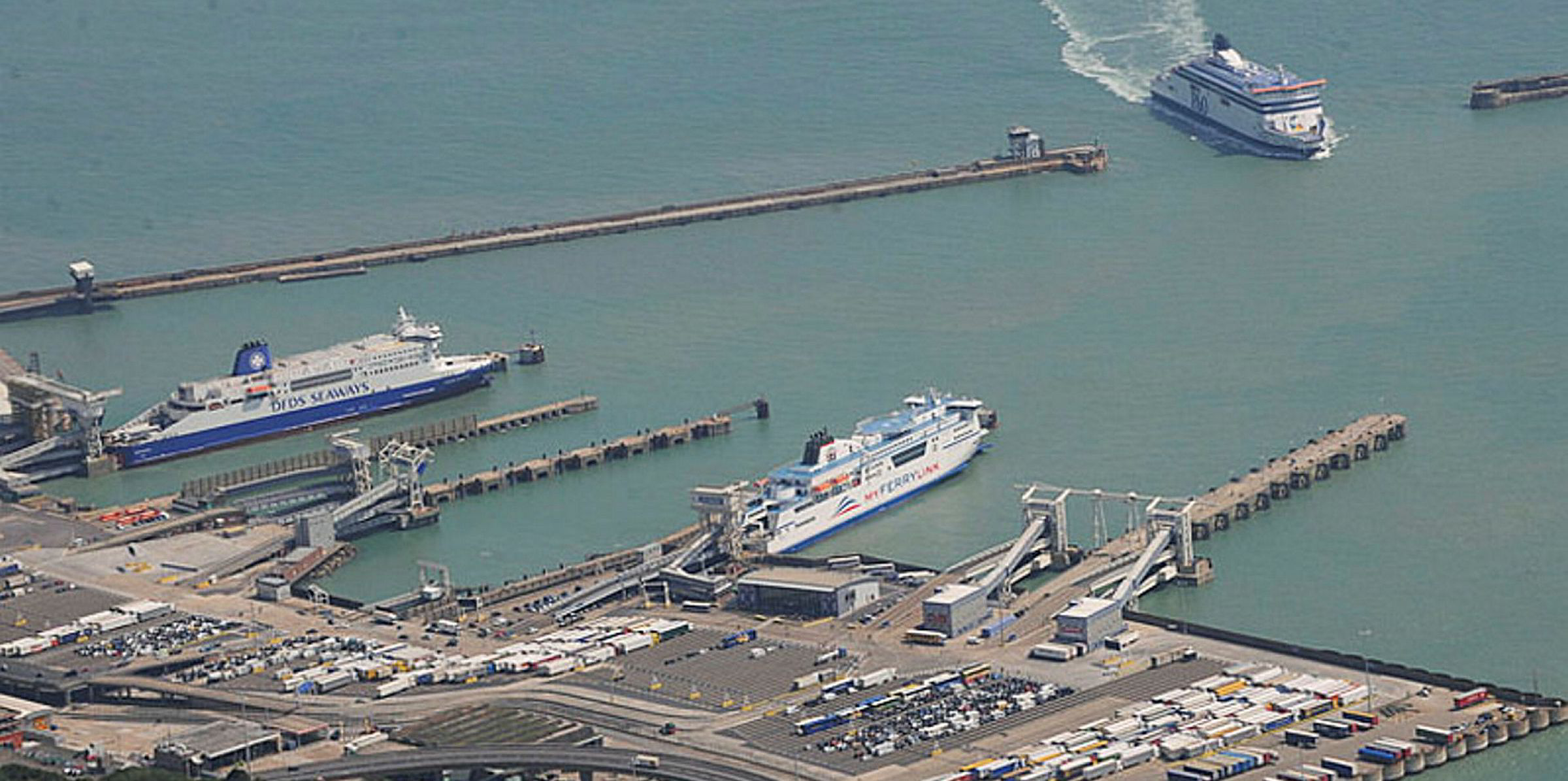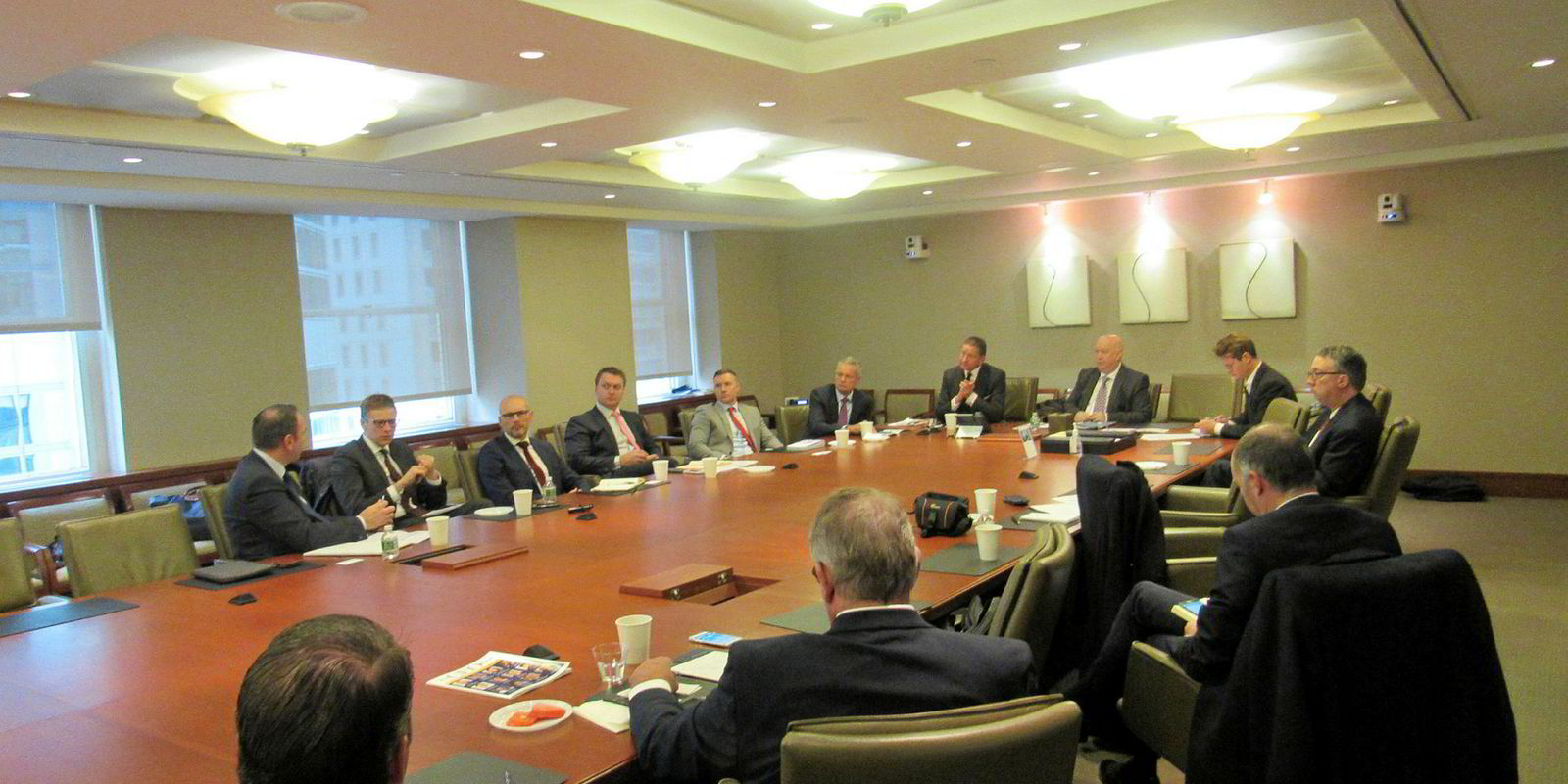The UK is making contingency plans to charter vessels to bring in critical supplies if Brexit talks end with no deal.
The government could use ships to import food and medicines, according to the Financial Times.
The report said the cabinet was told that the busy Dover to Calais route could clog up due to new customs controls in France.
David Lidington, prime minister Theresa May’s deputy, told ministers that under a no-deal Brexit, the vital route could run at between 12% and 25% of capacity for the first six months.
Chartered ships would be used to bring goods into other ports.
One source told the Financial Times: “The idea of the government running ferry services is slightly farcical.”
The department for transport said: “We remain confident of reaching an agreement with the EU, but it is only sensible for government and industry to prepare for a range of scenarios.
"We are continuing to work closely with a range of partners on contingency plans to ensure that trade can continue to move as freely as possible between the UK and Europe.”
Nautilus expresses disbelief
Maritime professionals’ union Nautilus International called the plan into question.
General secretary Mark Dickinson said: "Ministers must be living on another planet if they seriously believe they can find a fleet of suitable ships to keep the country supplied.
"The long-term decline of the British Merchant Navy and UK maritime skills means that we are dangerously reliant upon foreign ships - particularly flags of convenience, of dubious quality and usually crewed by poorly-paid seafarers."
Dickinson said Britain struggled to find 50 merchant ships to support the task force in the Falklands conflict in the 1980s when the fleet was three times the size it is today.
"The government has had decades of warnings about the economic and strategic madness of an island nation relying on foreign-flagged and foreign-crewed ships," he added.
"There’s also little room for manoeuvre in switching ships to other routes, as there are severe limitations on the ports and associated infrastructure capable of handling the intensity of vessel traffic."
He called on the government to increase the size of the civilian-crewed Royal Fleet Auxiliary, consider building on the existing strategic sealift capability of ro-ro vessels and establish a core fleet of national-flagged and crewed ships for humanitarian and national security resilience, similar to the US Ready Reserve Force.
In the meantime, he added, the UK should seek an extension to the Article 50 withdrawal process to provide more time for a Brexit deal to be secured.




